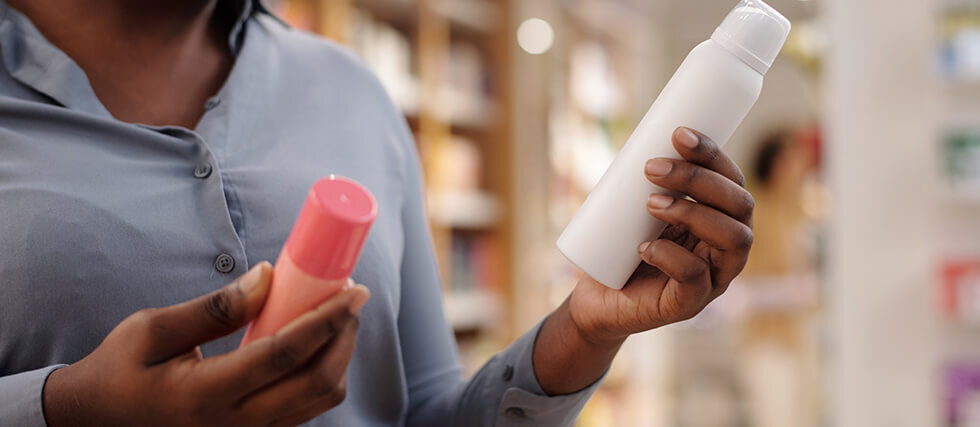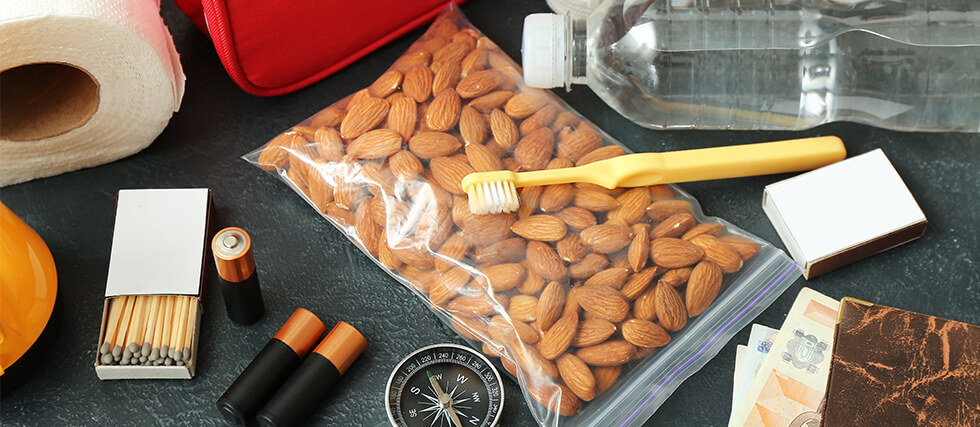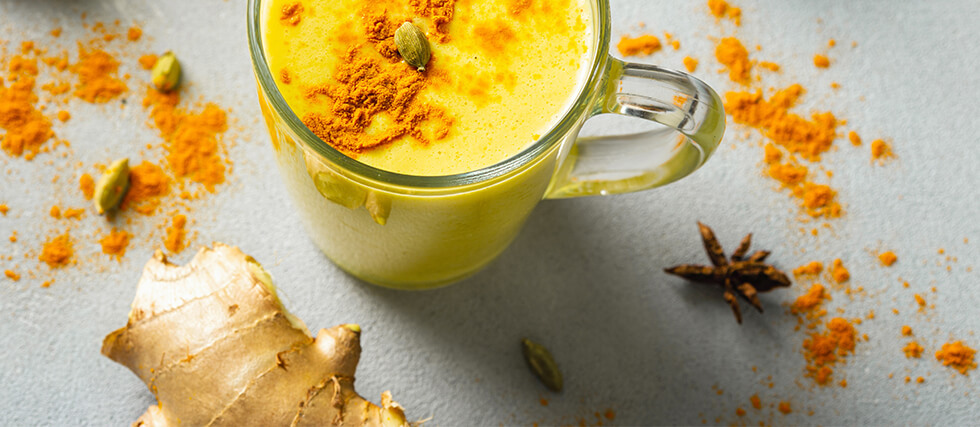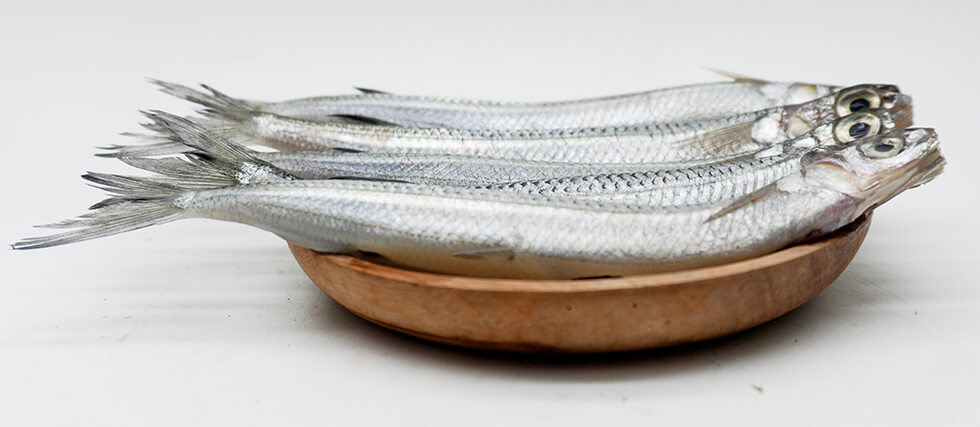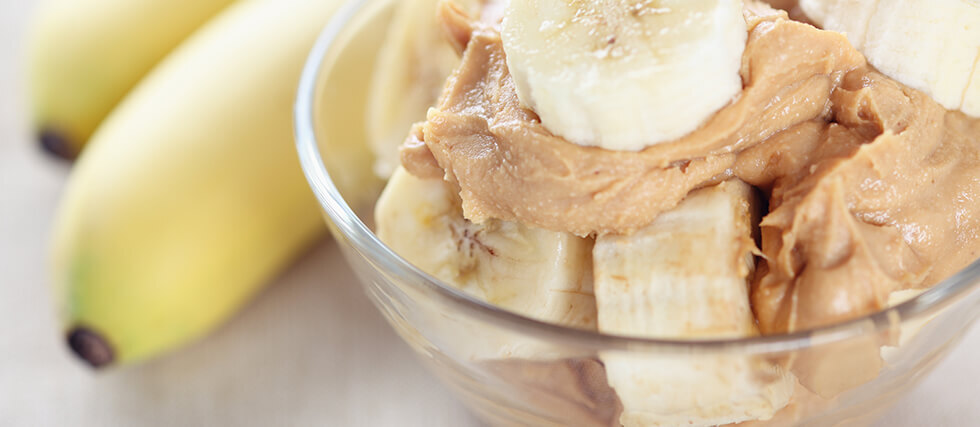How Soda May Be Rewiring Your Body From the Inside Out
Think your daily soda is “just a little sugar”? Think again. A new study out of India has uncovered something far more unsettling than empty calories: sugary drinks may be reprogramming your body at the cellular level—specifically your intestines—to crave and absorb even more sugar.
Researchers at the Tata Institute of Fundamental Research found that regular consumption of sugar-sweetened beverages like soda or sweet tea can trigger lasting physical changes in the gut. These aren’t just minor tweaks. Mice given moderate, soda-level amounts of sugar developed longer intestinal villi (the nutrient-absorbing structures in the gut) and increased numbers of sugar transporters—proteins that actively pull sugar into the bloodstream.
The result? A body that’s biologically trained to favor sugar over other nutrients. And not just the gut—the liver and muscles also showed altered mitochondrial function and disrupted energy processing, suggesting a full-body cascade rooted in the intestines. Scientists are calling it molecular addiction.
Even more troubling: these changes decreased the body’s ability to absorb proteins and fats properly, meaning sugar isn’t just adding calories—it’s crowding out nutrition.
This explains why cutting soda is so hard for many people. If your body’s systems have literally adapted to prioritize sugar, cravings are no longer just willpower battles—they’re part of your biology.
The rapid absorption of liquid sugar (versus sugar in whole foods) appears to be especially harmful, bypassing the natural digestion “speed bumps” like fiber that help slow the body’s response.
So, next time you reach for a soda, know this: you’re not just quenching thirst. You could be reshaping your metabolism. This research adds powerful evidence to the idea that sugar-sweetened drinks deserve stronger health warnings—because their effects go far deeper than a sweet tooth.



